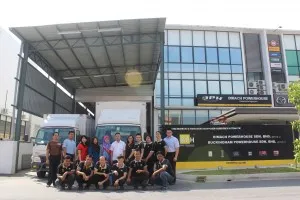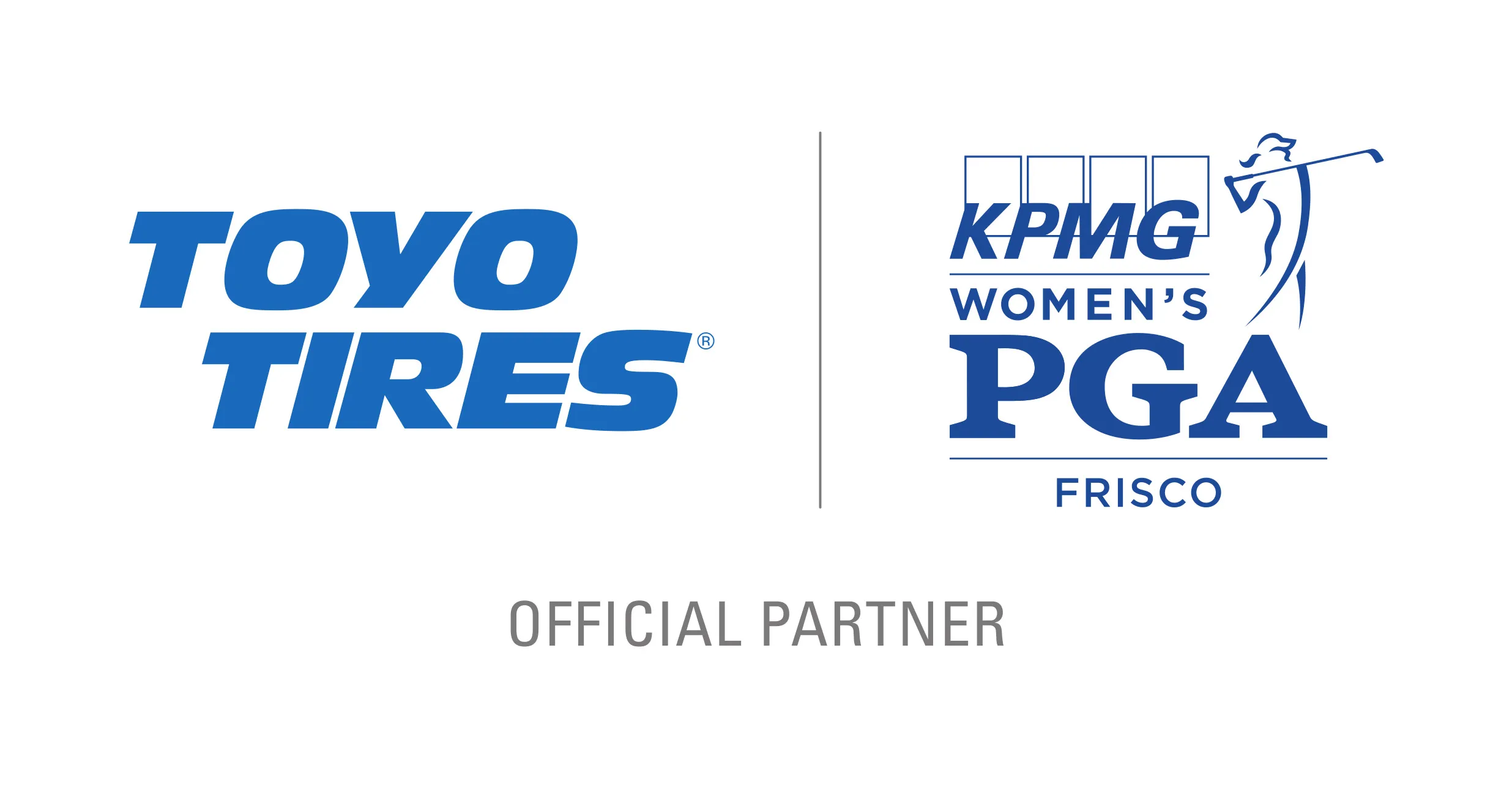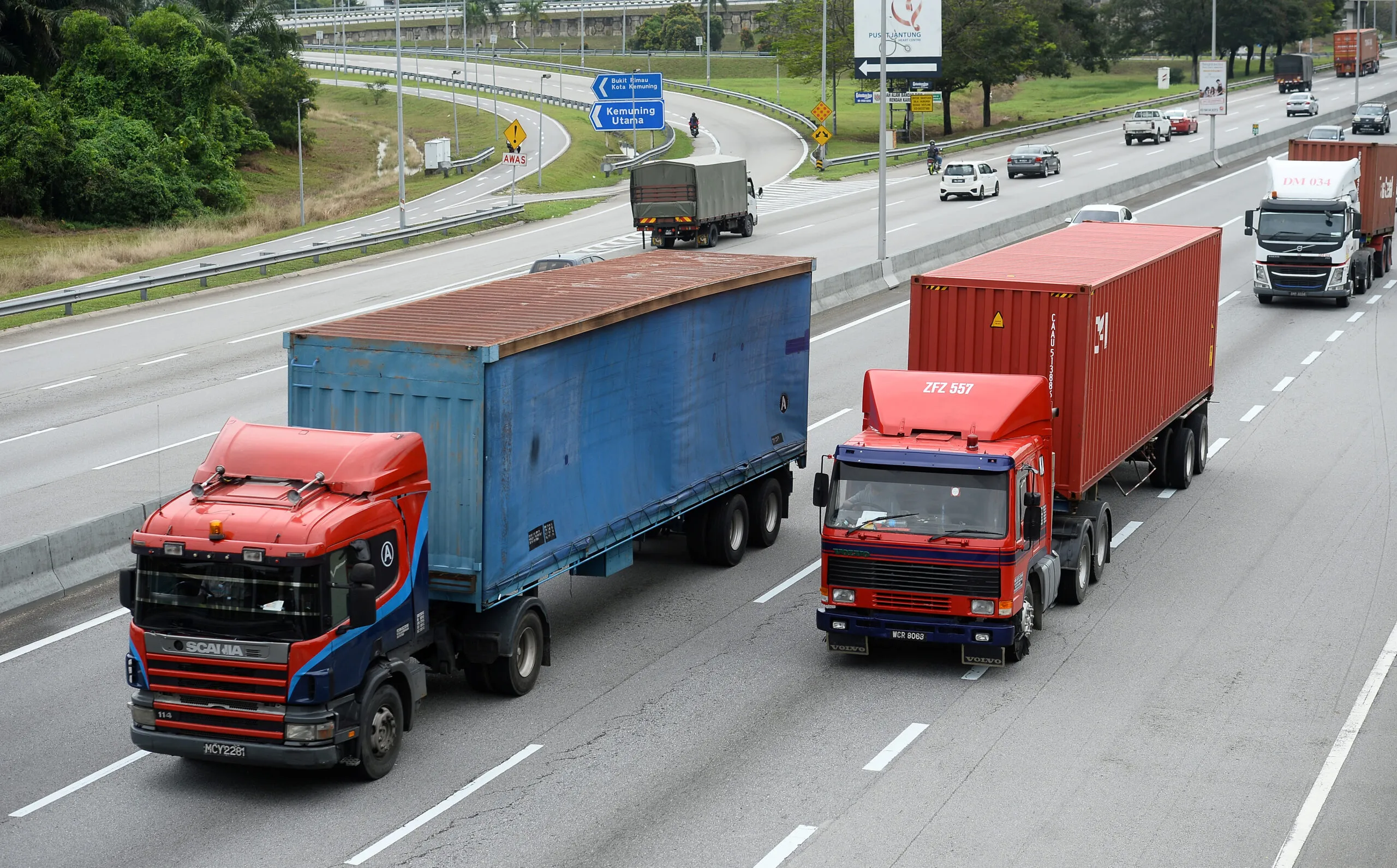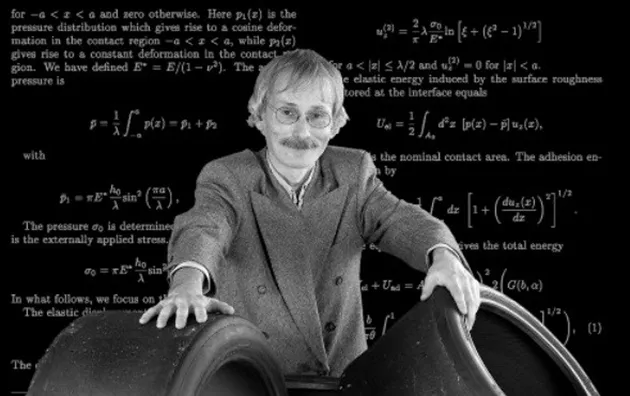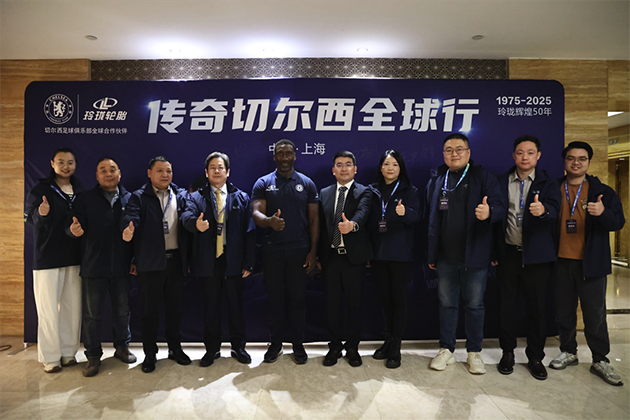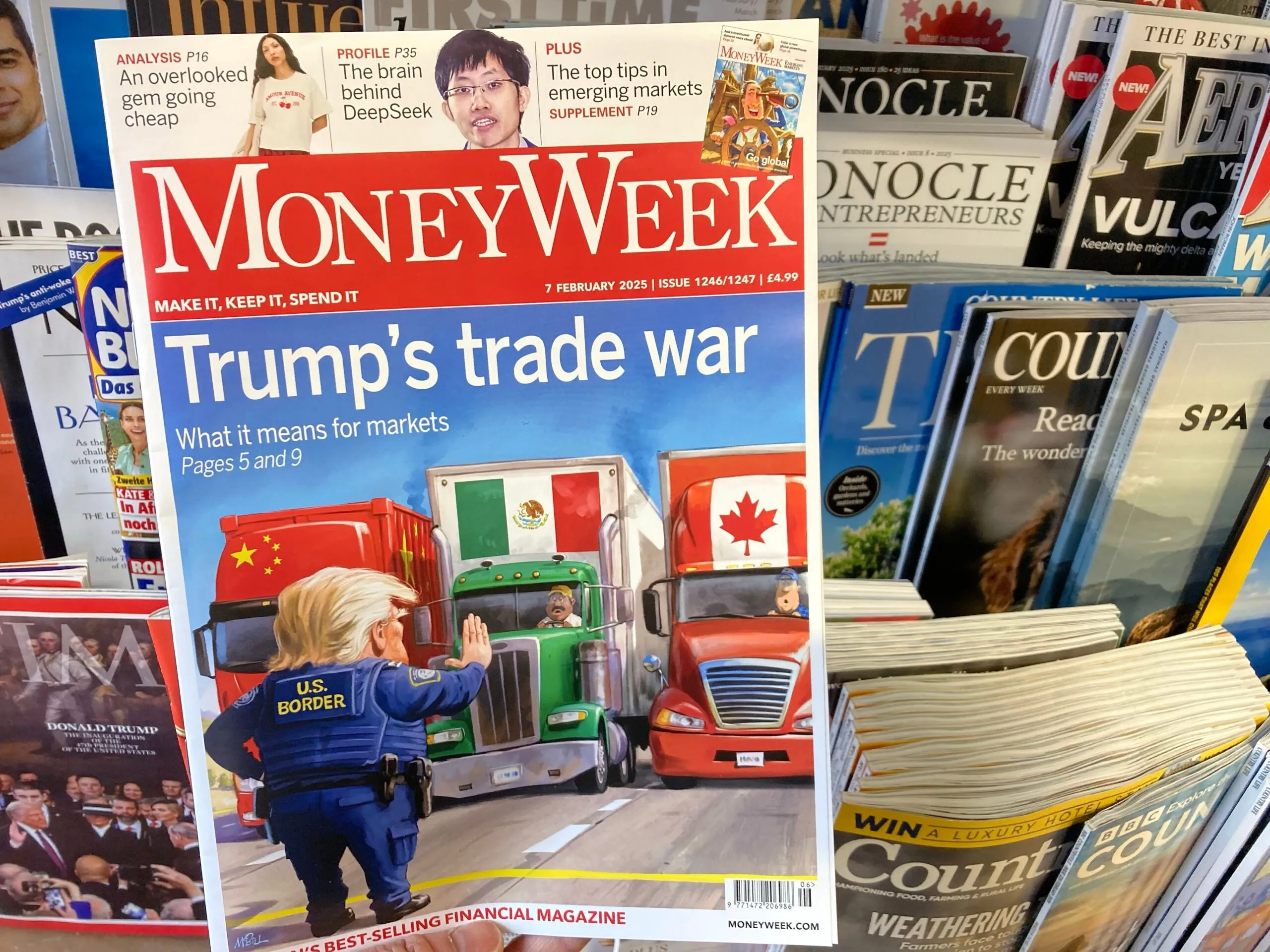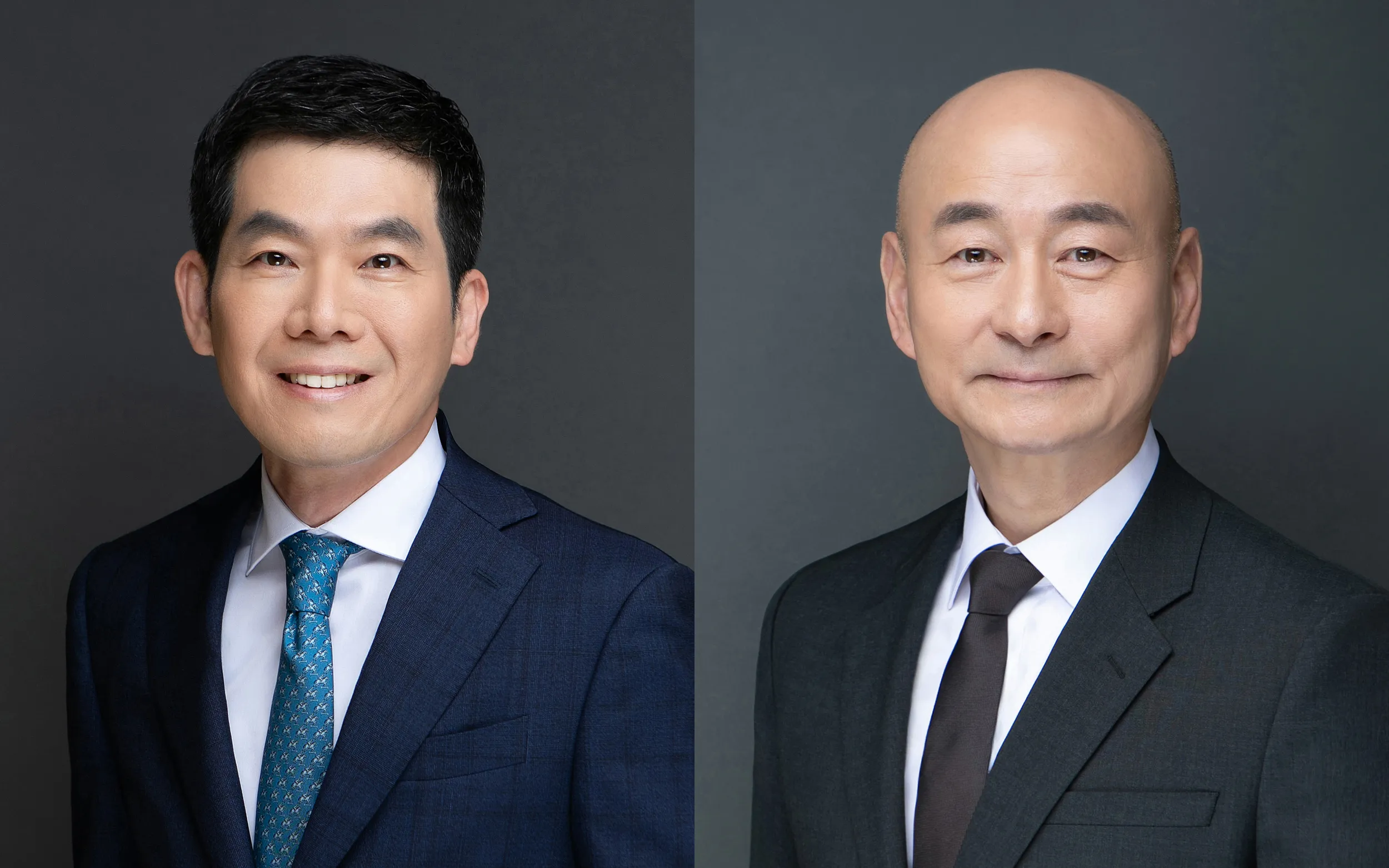Established in 2002 as a research centre for automotive products, Bangi-based Buckingham Powerhouse SdnBhd (BPH) earned its reputation in the industry over the years through active engagement in product design, analysis, validation and technology development.
BPH Expanding Outside of Tyre Industry
Behind this young and dynamic company are four young engineers, including Business Director Lee Chin Loong. “We are the research partner for one of the largest absorber makers in Malaysia (AP) and one of the largest tyre makers in Malaysia (CS). We help AP in its master specification and testing for shock absorbers. As for CS, we do a lot of tyre analysis including tyre profiles and compounds as well as troubleshooting. All these findings, experiences and our technical competence have led us to come out with our own products,” said Lee.
In 2008, BPH developed its own shock absorber. As an engineer, Lee admitted that he was not a sales expert but learned along the way and developed his own marketing strategies through a different approach.
“When I tried to introduce the BPH shock absorber to a tyre service centre operator, he tested me on my technical knowledge. He took me to the car that had unusual noises from its shock absorber. I managed to solve the problem and this convinced him to buy from us.”
Instead of closing deals through business entertainment, Lee trained a group of young people from scratch. They knew the company’s products thoroughly and were able to explain the product advantages including the technical aspects that would make a difference to the customer.
He was among the students that were sent by the government under the Malaysian Look East Policy to Japan to study not only the academics and technical know-how but also to learn the labour ethics and discipline of the Japanese people in 1995.
“I was deeply inspired by the Japanese. They taught us everything they knew without hiding one or two aspects. When we decided to develop our own products, we also decided to set up our own apprentice programme to recruit young people, educate them from scratch and let them grow with the company.” The success of the apprentice programme had seen to people such as Lee Chung Hoong (Marketing Manager), Choong See Hui, among others.
Two Assets: Technical Competence and Functional Expertise
Technical competence and functional expertise were BPH’s two greatest assets and the reasons for the company’s successful penetration into local and overseas markets. Lee admitted that the company’s early focus was on export markets and established strong roots in the Middle East and Europe. Its efforts in producing premium quality products won the company the 2013 World Quality Commitment Award in Paris and the 2014 Creative Design Award in Belgium.
“We focused on engineering and manufacturing awards and not the sales category. We helped solve many problems for the local industry. For instance, we successfully developed a common shock absorber for the Proton Wira, Gen 2, Satria, Persona and Waja through a standard seat height and damping force. This innovative product received overwhelming response from the market as the retailers do not need to stock different specifications for the abovementioned car models. In addition, all BPH’s shock absorbers come with brackets for the convenience of our clients.”
BPH sold directly to retailers instead of spare-parts shop. He explained that this enabled the company to have direct contact with the retailers, support them in technical aspects and obtain first-hand feedback on the products, market needs and requirements. To-date, he said the company accounted for 12 per cent of the total shock absorber replacement market in Malaysia.
“As a young local shock absorber manufacturer, BPH has already achieved two firsts in the industry. The first was to obtain Research and Development ISO 9001/2008 for shock absorber as well as provide product warranty. All of our shock absorbers are covered under a warranty of 6 months or 20,000km, whichever comes first,” he added.
To guarantee quality, he said BPH tested every piece of shock absorber that it produced before sending out the item from the factory. The plant could produce 16,000 pieces of shock absorbers in 30 working days.
“The ISO standard permitted defect return for shock absorber is below 1 per cent but for us, we keep it below 0.05 per cent,” he said.
Building on the success, the company launched its own brake pads in 2010 and expanded into the tyre industry in 2012.
With two strong partners, namely KerkChiewSiong, one of the founders of Hup Seng Company, known today as Hup Seng Perusahaan Makanan (M) SdnBhd, which was part of the listed entity Hup Seng Industries Bhd; and CM Group owner Choong Chee Ming who had invested significantly into the company, this allowed BPH to focus on its growth strategy and move forward confidently.
“With the rapid growth in the automotive industry in South-East Asia and worldwide, we have diversified into BPH as part of our diversification plans into the automotive market. We believe that with our experience in ASEAN, Middle East and Asia, it will enable BPH to have its footprint in these countries as a reputable brand,” Kerk said.
“All these products have the same customer base. However, we understand that the tyre industry needs a different approach and expertise; our partnership with the CM Group has enabled us to penetrate into the market rapidly.”
Choong, the heart and soul of the CM Group, had 30 years of experience in the tyre industry. As one of the leading and reputable tyre retailers, the reason for Choong to partner BPH was to build and design his own tyres.
Aiming to be Tier One Player in Tyre Industry
“We built our first tyre in 2013 and today, we have a complete range. With 3 different series of passenger tyres, namely Commax, BlackLion and Delinte, we are able to cater to the different market needs and requirements. We developed two models of Delinte run-flat tyres, the RFT-DH3 and RFT-DH6. For the truck and bus radial (TBR) tyre segment, we have Hanmax TBR series under the LSTI brand. We sell through the CM Group network in the east coast, north Malaysia and east Malaysia, targeting the Tier Two market segment as well as small and medium distributors.”
Lee said all the company’s tyres were produced by manufacturing partners Sailun, Jinyu, Cooper Tire and Sentury Tire (SJCS) at their respective plants in various countries such as Vietnam, Thailand and China. “SJCS has built up an enviable reputation throughout the world as a manufacturer and provider of high quality tyres. They are our manufacturing partners but we developed our own compound and pattern, and provided them with our own moulds. Producing in Vietnam and Thailand has enabled us to enjoy zero import duty under the AFTA agreement, which allowed us to provide products that feature good price-performance ratios for the industry.”
At present, Lee added, the company’s north Malaysia market was well maintained and managed through the good reputation of GY Tyres Sdn Bhd, which was established as a successful, trusted and reputable name in the tyre industry by its founder Ong Choon Nee and the ‘backbone’ GehKooiChuin. “We believe it will be a successful breakthrough in the northern region for the Tier 2 market and be one of the dominant brands in its segment.”
Choong said the company currently had more than 20 retail outlets across Malaysia (except Johor), including 3 owned outlets that carried BPH signage in the central region. He also revealed the plan of expanding the BPH outlets through the franchise programme.
“We have great confidence in our quality. For all tyre sizes, we provide warranty on tyre defects and consumers will get a new product replacement for the same size and brand or opt for the same size of other brands that is equivalent to the price from all the CM Group outlets. However, we are proud to announce that our claim rate is below 1 per cent,” Choong added.
PAN-Borneo Highway Project Offers Great Potential for TBR Tyres
For the TBR tyres, Lee revealed that the company successfully penetrated the market through 5 marketing strategies. Firstly, the implementation of the Goods and Service Tax (GST) in Malaysia resulted in a shortage of TBR tyres. BPH took advantage by offering its customers a proper tax invoice to be fully compliant and enable them to claim GST input tax credits, where entitled. Secondly, the company guaranteed no stock shortage during Custom operations. Thirdly, all its TBR tyres were manufactured by the Cooper Tires plant in China. Fourthly, BPH provided warranty for its TBR tyres. Last but not least was that its TBR tyres with enhanced sidewall solved the cracking problem as they were regrooveable and retreadable.
“We collect the casings from the clients and have retreading partners to help us provide the service. If they are not keen on using retreaded tyres, they can sell their casings back to us.”
Similarly, with passenger car tyres, he said the company entered a segment that was easily accepted by the industry, which was the Tier Two segment. “If we can market well in this segment, we will gain the reputation and confidence from the industry; these will eventually enable us to enter the Tier One segment with higher mileage and reasonable price. We plan to launch our BPH brand of passenger car tyres that are targeted for the Tier One segment by the end of this year.”
The tyres that the company provided obtained various standards as such DOT, E-mark, INMETRO, SNI, GSO and GCC respectively. He pointed out that with 3 warehouses located respectively at the company’s office in Bangi, KL, Prai and Kota Kinabalu (with 70,000 square feet), the company’s buffer was 40,000 tyres per month.
The company developed its own inventory system and all of its warehouses were well-equipped with high-rise racks installation. This full racking system, he said, reduced the company’s head count, helped it to locate its products efficiently and enabled the operation of First In, First Out (FIFO).
“Apart from the Bangi office, Singapore is our hub and we have sales offices and retail outlets in Indonesia. For Thailand, Vietnam and the Philippines, we work with partners,” he added.
Lee saw great potential in the Malaysian TBR tyre with the PAN-Borneo highway project that was targeted to begin construction soon. “This project will lead to a huge consumption of TBR tyres.”

